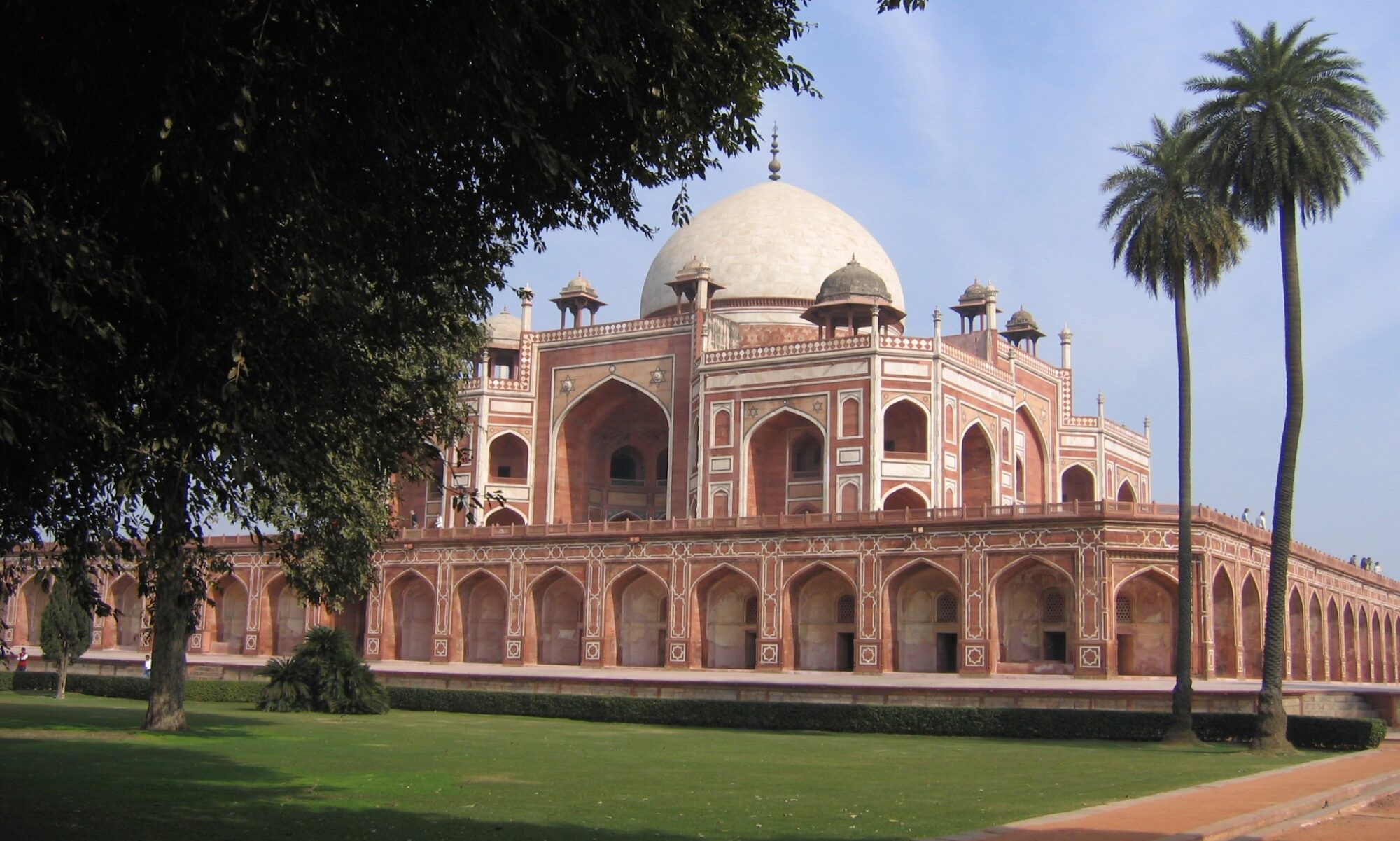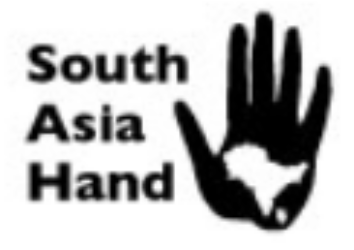In a visit to Lahore and Islamabad in late February, Howie and Tezi Schaffer spoke with senior media representativeds, retired generals, former diplomats, military analysts, business people, politicians, academics, students and others. The conversation was “All Davis, all the time.” This incident has caused a crisis comparable to the ones that collapsed the U.S.-Pakistan relationship twice in the past. Both governments initially handled things badly but now want to step back from the brink. They have their work cut out from them.
To get the full flavor of our discussions and our analysis, click on Davis Case final.

